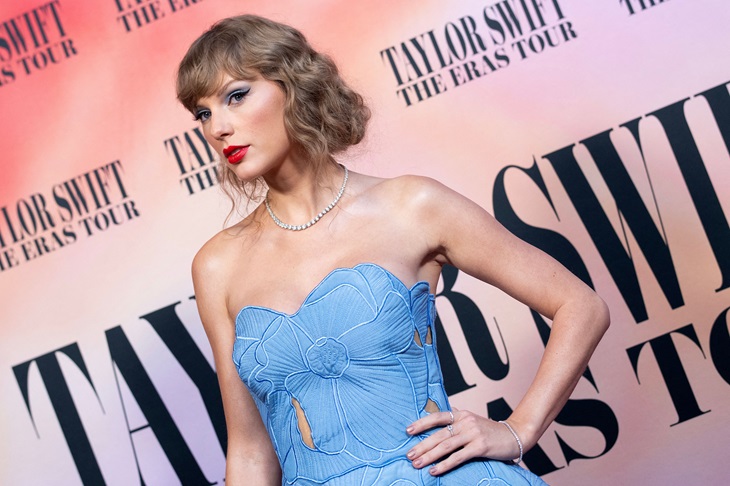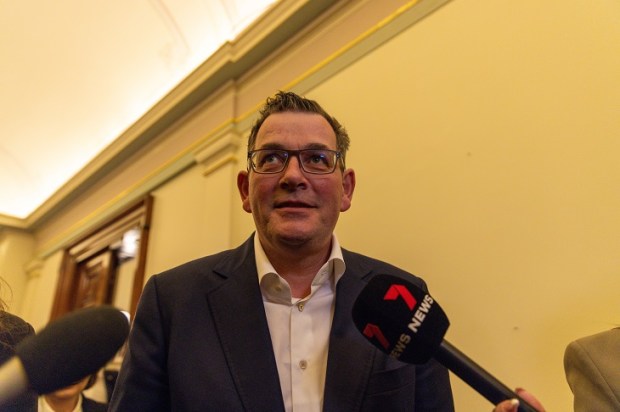The question I asked after reading a report about Taylor Swift’s biggest-ever concert in Melbourne, which reportedly had over 90,000 people attend, was, ‘Is she a troubadour?’ Something unusual must be happening, I thought to myself, for such an event to occur. ‘Perhaps it is her quality of songs and her presence that engages people even when they don’t intend to be that wrapped up in her music?’
Talking with young adults about these musings from my grandfatherly head, the initial affirmation of a modern-day troubadour became less certain.
Already a subscriber? Log in
Subscribe for just $2 a week
Try a month of The Spectator Australia absolutely free and without commitment. Not only that but – if you choose to continue – you’ll pay just $2 a week for your first year.
- Unlimited access to spectator.com.au and app
- The weekly edition on the Spectator Australia app
- Spectator podcasts and newsletters
- Full access to spectator.co.uk


























Comments
Don't miss out
Join the conversation with other Spectator Australia readers. Subscribe to leave a comment.
SUBSCRIBEAlready a subscriber? Log in